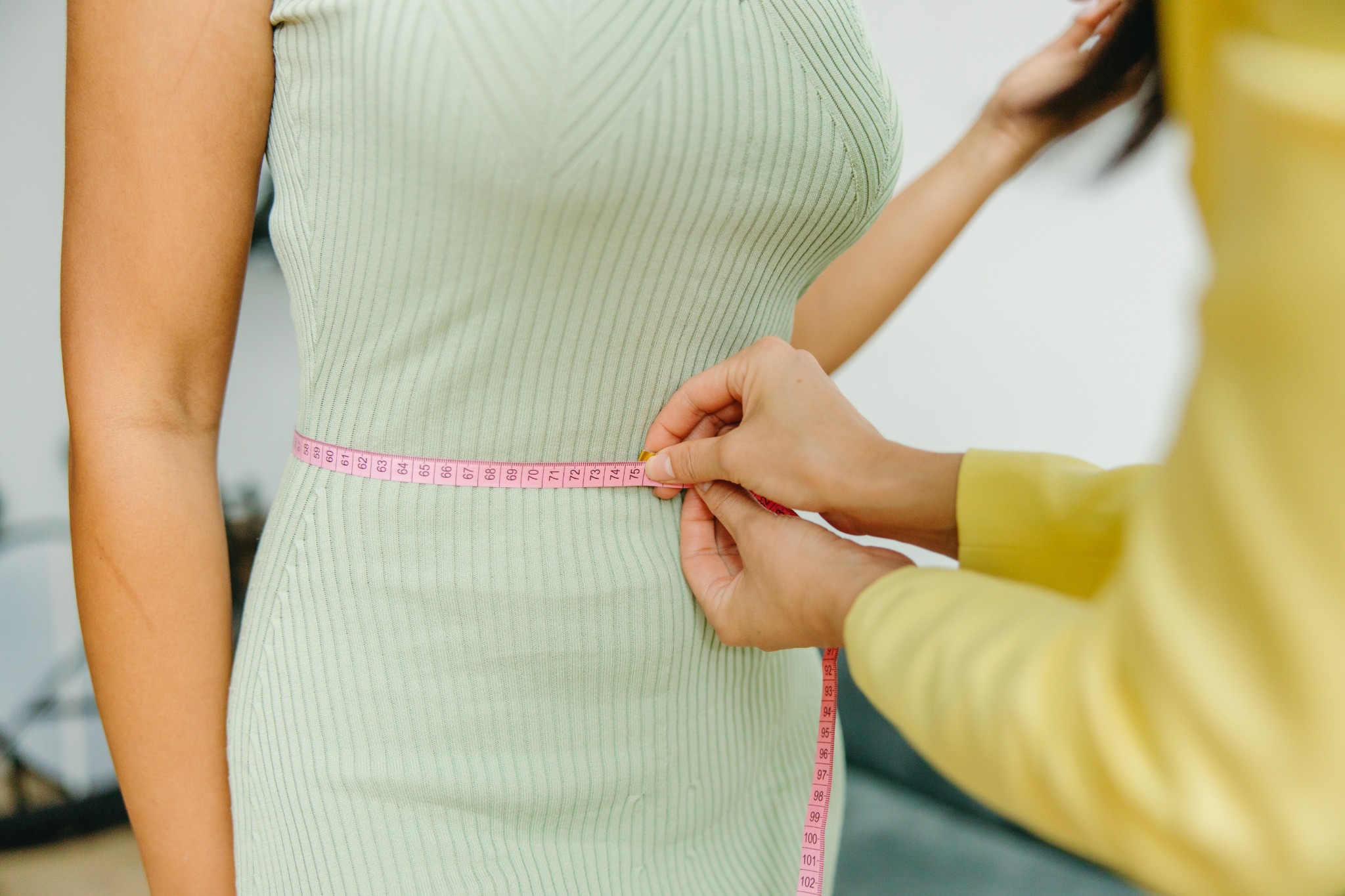The Rules of Proper Nutrition After Bariatric Surgery

Bariatric surgery is a milestone in the weight loss journey that patients should treat as a new beginning. Morbid obesity is a chronic disease, and there is no surgery, diet, or drug that can quickly cure it. Surgery, along with aftercare and moderate lifestyle changes, can produce remarkable results in terms of weight loss and a healthier lifestyle.
Nutrition and Fluids
During the postoperative weeks, your surgeon will give you a nutrition and activity plan. Typically, this plan involves a liquid diet for a certain period, followed by soft or blended foods before you get back to regular ones. During the first months of recovery, drinking enough fluids can be especially difficult. In the case of a gastric bypass surgery, the patient is prescribed a lifelong daily intake of nutritional supplements, which include:
- Multivitamins;
- Vitamin D;
- Calcium;
- Iron;
- Vitamin B.
Healthy food choices and a healthy lifestyle will improve the quality of life after surgery. A protein-rich diet is essential, and based on your medical condition, type of surgery, and daily activities, a protein intake of 60-100 grams per day is recommended. You should definitely avoid eating large amounts of carbohydrates, in particular starchy foods (bread, pasta, crackers, and other refined carbohydrate grains) and sugary foods (cookies, pies, sweets, etc.). Limiting your daily carbohydrate intake to 50 grams will help avoid hunger, which is one factor in weight gain.
How to Consume Protein after Bariatric Surgery?
Daily protein intake should be divided between meals and healthy snacks. The body cannot absorb more than 30 g of protein at a time. In addition, proteins are nutrients that prolong the feeling of satiety. If every meal and every snack contains protein, then the likelihood of feeling hungry between meals is reduced.
The most common sources of protein are meat, eggs, dairy products and beans. Protein shakes and bars will also help you get the right amount of protein. Over time, the proportion of ordinary food, and with it the absorption of nutrients from ordinary food, increases, and the need for nutritional supplements decreases.
The Importance of Staying Hydrated
Dehydration is one of the most common reasons for readmission. Dehydration occurs when your body does not get enough fluid to function properly. Carry a bottle of water with you at all times, especially when out and about. Try to drink a few sips even if you don't feel thirsty yet. Symptoms of dehydration are thirst, headache, constipation, and dizziness when you stand up or sit down.
Coffee is recommended to be avoided for 30 days after surgery as the stomach is sensitive after surgery. After this period, you can consume coffee as instructed by your surgeon or nutritionist.
Medications
Many obese people have serious health problems such as diabetes, high blood pressure, high cholesterol and heart disease. Patients who have undergone gastric reduction surgery and successfully lose weight often notice a reduction in the symptoms of the above diseases and, with the consent of the surgeon, may stop taking certain medications altogether.
However, less medication does not always mean a drug-free life. After all, we strive to achieve a better state of health, which does not necessarily mean reducing the use of medications. A lot of people take even more pills on their meal plan but benefit from it.
Depending on the type of bariatric surgery, some prescription and over-the-counter medications may be absorbed differently. Therefore, your treatment plan may change. Swallowing large tablets right after surgery may be contraindicated, as they can get stuck in the digestive tract. For this reason, your doctor may prescribe you the medicines you need in another form, such as a powder, liquid, long-acting or chewable tablet, melt-in-mouth tablet, or injection. Some pills can also be crushed and taken with food.
In the case of a longitudinal resection and gastric banding, problems with the absorption of drugs are small or absent. But with gastric bypass, the absorption of drugs can be impaired. Talk to your doctor or pharmacist about how you should take your medicines. Some people need to take a double dose of antidepressants after surgery to get the same results. This is not considered a complication, but the patient should be aware of this and be able to monitor their mood in order to notify the doctor and relatives about the problems if necessary.
Post a comment